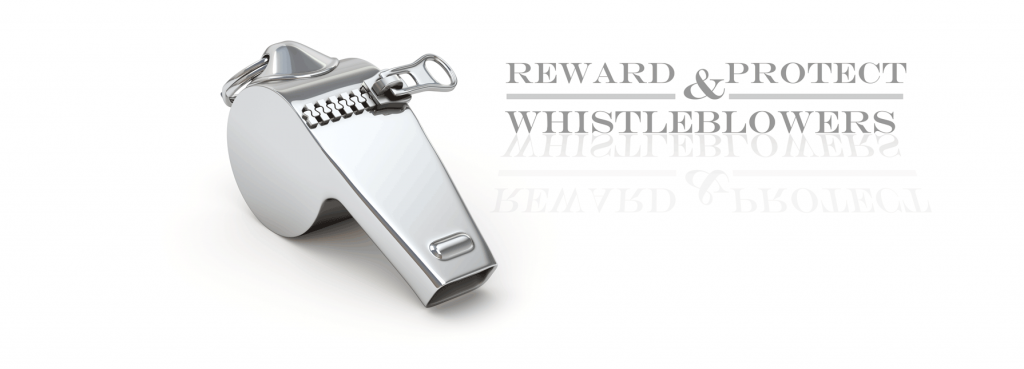
The IRS Whistleblower Office pays money to people who blow the whistle on persons who fail to pay the tax that they owe. If the IRS uses information provided by the whistleblower, it can award the whistleblower up to 30 percent of the additional tax, penalty and other amounts it collects. The IRS Whistleblower program may pay awards to people who provide specific and credible information to the Internal Revenue Service (IRS) if the information results in the collection of taxes, penalties, interest or other amounts from the noncompliant taxpayer.
The IRS Whistleblower program is looking for solid information about significant Federal tax issues. The law provides for two types of awards. If the taxes, penalties, interest and other amounts in dispute exceed $2 million, and a few other qualifications are met, the IRS will pay 15 percent to 30 percent of the amount collected. If the case deals with an individual, his or her annual gross income must be more than $200,000. If the whistleblower disagrees with the outcome of the claim, he or she can appeal to the Tax Court. These rules are found at Internal Revenue Code IRC Section 7623(b) – Whistleblower Rules.
The IRS also has an award program for other whistleblowers – generally those who do not meet the dollar thresholds of $2 million in dispute or cases involving individual taxpayers with gross income of less that $200,000. The awards through this program are less, with a maximum award of 15 percent up to $10 million. In addition, the awards are discretionary and the informant cannot dispute the outcome of the claim in Tax Court. The rules for these cases are found at Internal Revenue Code IRC Section 7623(a) – Informant Claims Program, and some of the rules are different from those that apply to cases involving more than $2 million.
Search for Whistleblower Attorneys

